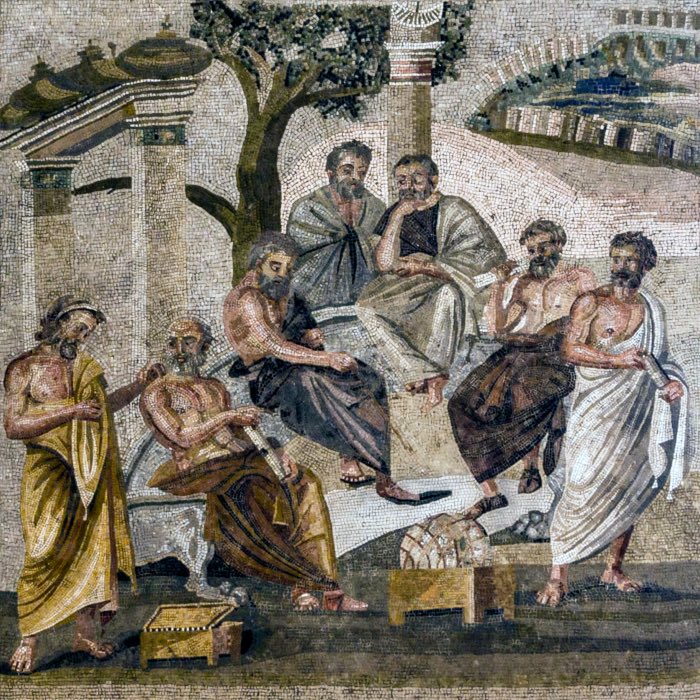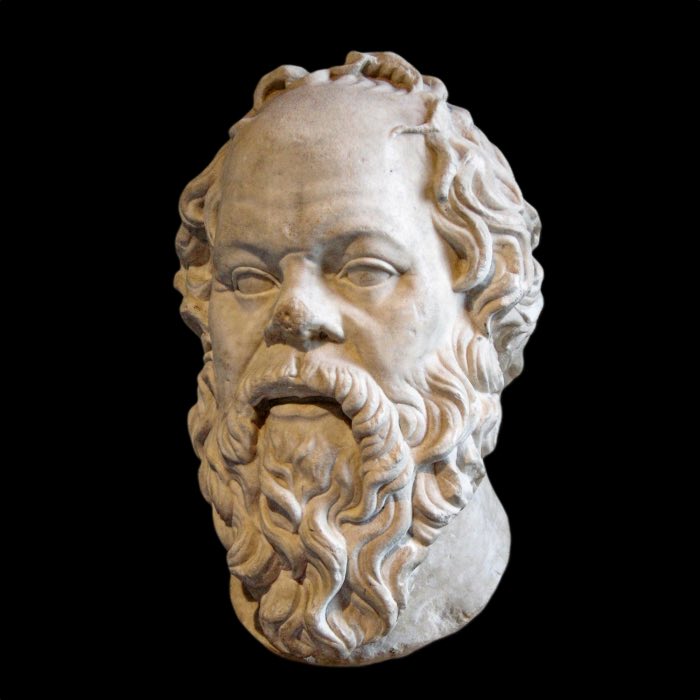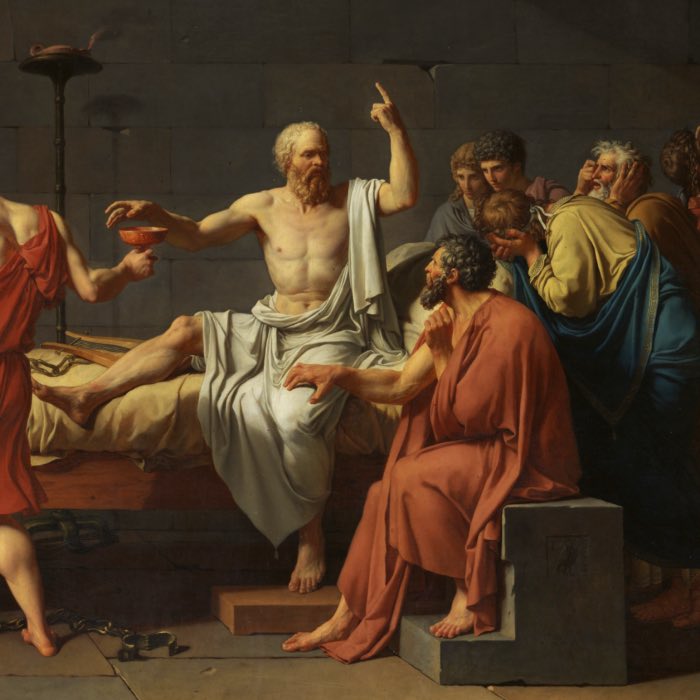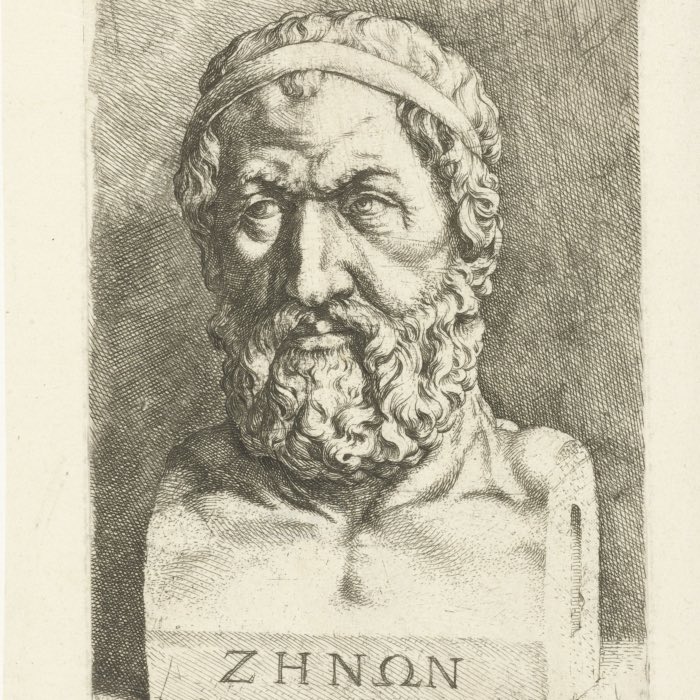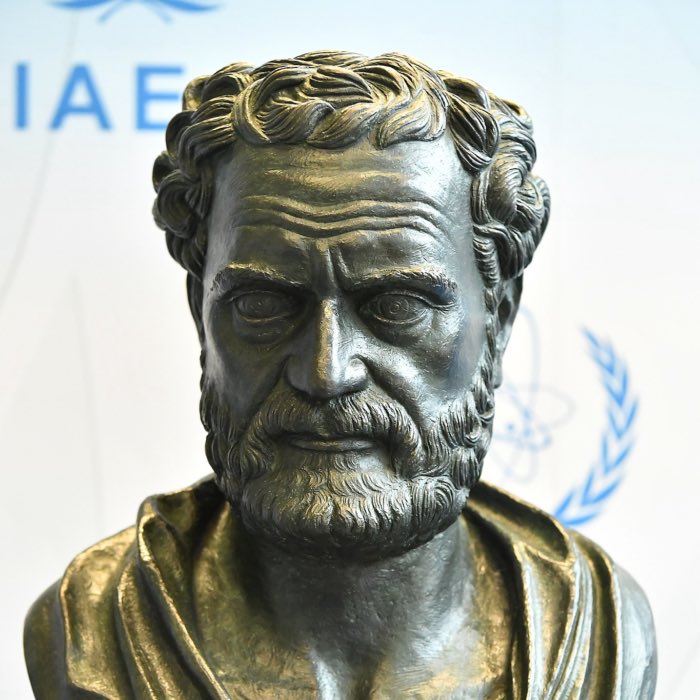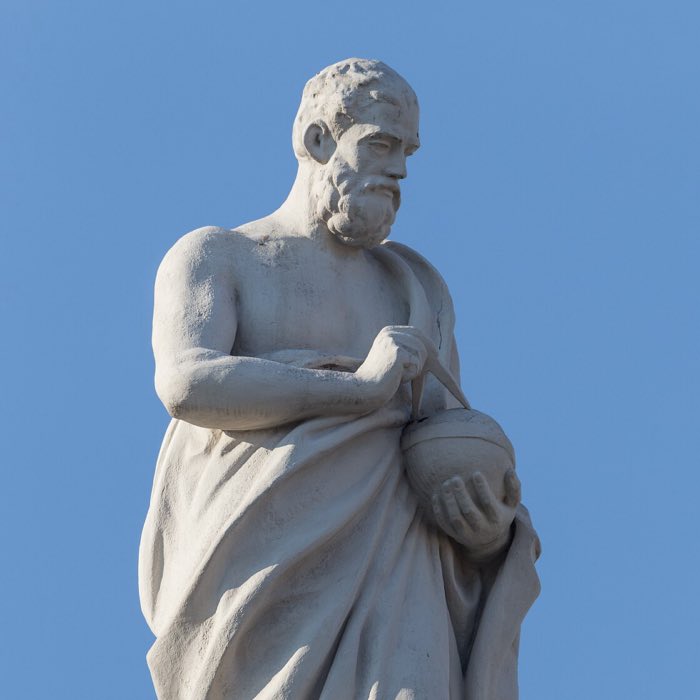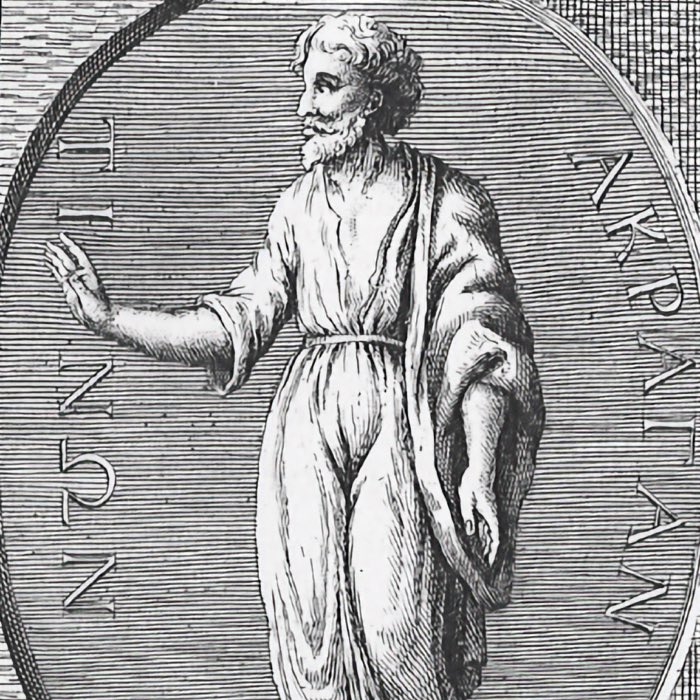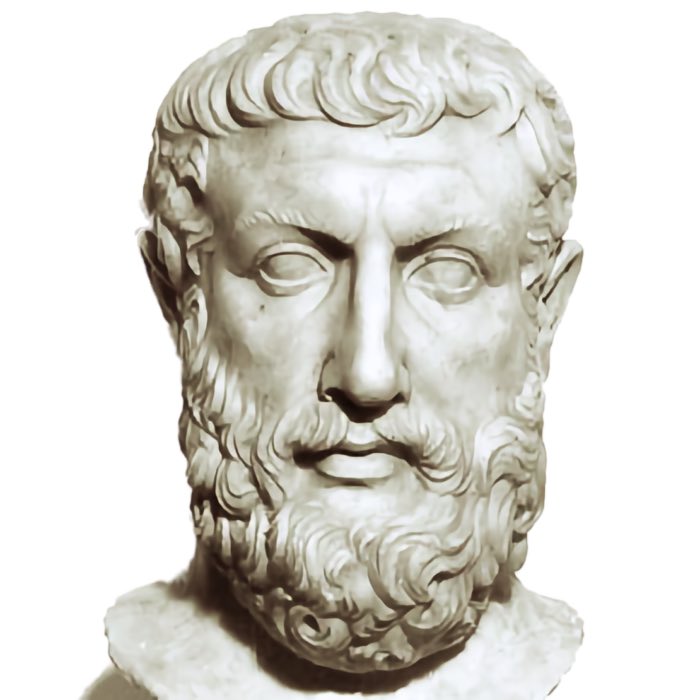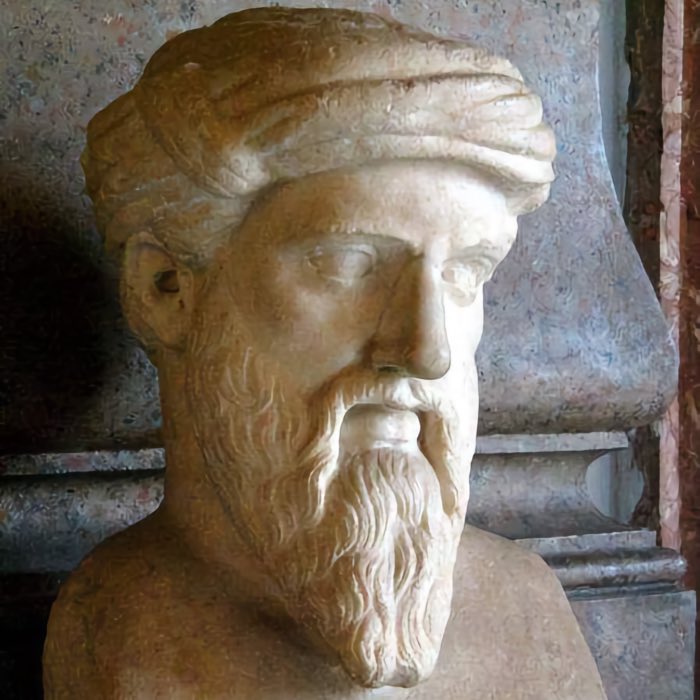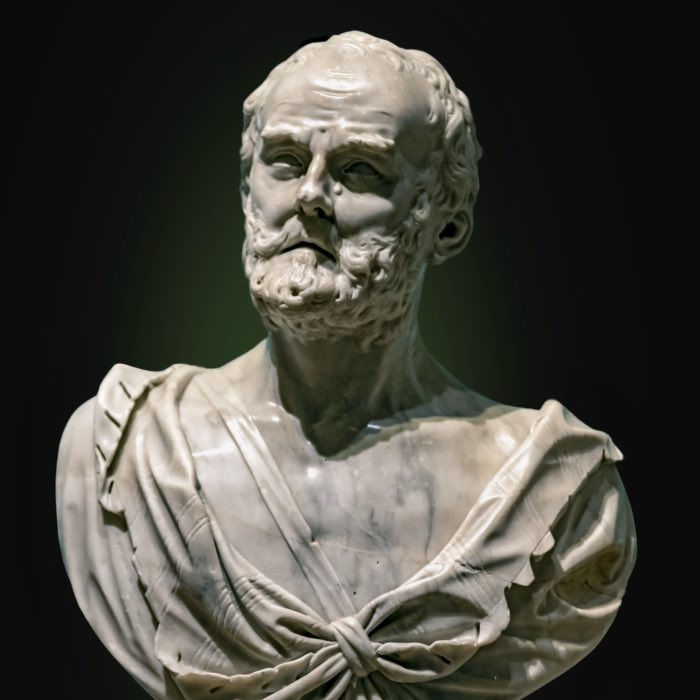Weekend Stories
I enjoy going exploring on weekends (mostly). Here is a collection of stories and photos I gather along the way. All posts are CC BY-NC-SA licensed unless otherwise stated. Feel free to share, remix, and adapt the content as long as you give appropriate credit and distribute your contributions under the same license.
diary · tags · RSS · Mastodon · flickr · simple view · grid view · page 15/36
The systematic philosophy of Plato and Aristotle: Foundations of Western thought
The systematic philosophies of Plato and Aristotle represent a defining moment in the history of Western intellectual tradition. Emerging from the Athenian golden age of the 4th century BCE, these two thinkers built upon the inquiries of their predecessors, particularly Socrates, to create comprehensive frameworks addressing the fundamental questions of existence, knowledge, ethics, and politics. Together, Plato and Aristotle laid the groundwork for disciplines as diverse as metaphysics, epistemology, ethics, aesthetics, and the natural sciences.
Socrates: The philosopher of ethical inquiry and the search for wisdom
Socrates of Athens (469–399 BCE) is widely regarded as one of the foundational figures in Western philosophy. Unlike the pre-Socratic philosophers who primarily focused on cosmology, metaphysics, and natural philosophy, Socrates turned his attention to ethics, human behavior, and the nature of knowledge. His life and teachings marked a decisive shift in the philosophical landscape of ancient Greece, establishing a tradition of critical inquiry that prioritized moral and intellectual self-examination.
The Sophists: Teachers of wisdom and controversial figures of classical greece
The Sophists were a diverse group of itinerant intellectuals and educators who flourished in the 5th century BCE during the height of classical Greece. Renowned for their skill in rhetoric, argumentation, and teaching, they offered instruction in practical subjects such as public speaking, ethics, and political theory, often for a fee. The term ‘Sophist’ derives from the Greek word sophos, meaning ‘wise’, reflecting their self-identification as purveyors of wisdom. Yet, the Sophists were also polarizing figures, celebrated by some as pioneers of critical thinking and vilified by others, including Socrates and Plato, as manipulators of truth and morality.
Metaphysical developments in pre-Socratic philosophy: Bridging natural philosophy and ethical inquiry
Between the early natural philosophers of Miletus and the ethical and rhetorical innovations of the Sophists and Socrates, the trajectory of Greek thought experienced a profound shift toward metaphysical speculation. This period, often associated with thinkers such as Parmenides, Empedocles, Anaxagoras, and Democritus, represents a critical phase in the evolution of philosophy. While the early Milesians focused on identifying a material principle (arche) underlying the cosmos, these later pre-Socratics extended their inquiries to explore the nature of being, causality, and the interplay of unity and plurality.
Democritus: The father of atomism and the materialist worldview
Democritus of Abdera (circa 460–370 BCE) stands as one of the most significant figures in ancient Greek philosophy and the history of science. Building on the work of his teacher Leucippus, Democritus developed the first systematic theory of atomism, positing that all phenomena in the universe arise from the interactions of indivisible, eternal particles (atoms) moving through the void. His materialist and deterministic worldview represented a radical departure from earlier metaphysical systems, challenging traditional notions of divine causality and emphasizing natural explanations for the diversity and complexity of existence.
Anaxagoras: The philosopher of nous and the infinite divisibility of nature
Anaxagoras of Clazomenae (circa 500–428 BCE) was one of the most innovative and influential figures in pre-Socratic philosophy. His work bridges the naturalistic inquiries of earlier Ionian thinkers and the metaphysical developments of later classical philosophy, particularly in the works of Plato and Aristotle. Anaxagoras is best known for his introduction of nous (mind or intellect) as the organizing principle of the cosmos and his theory of infinite divisibility, which posits that all things contain portions of every other thing.
Empedocles: Pluralism, cosmic cycles, and the forces of love and strife
Empedocles of Acragas (circa 495–435 BCE) occupies a unique position in the history of ancient Greek philosophy, blending scientific inquiry, metaphysical speculation, and religious mysticism. A poet, physician, and philosopher, Empedocles is most notable for his pluralistic cosmology, which posits that all things arise from the interplay of four eternal elements — earth, air, fire, and water — combined and separated by the opposing forces of Love (philia) and Strife (neikos). This framework represents a significant response to the monism of earlier thinkers such as Parmenides and Heraclitus, while also addressing the challenges of reconciling change and permanence in the cosmos.
Parmenides: The philosopher of being and the foundation of metaphysics
Parmenides of Elea (circa 515–450 BCE) is one of the most significant figures in the history of philosophy. As the founder of the Eleatic school, he introduced a radical and systematic approach to metaphysics that profoundly influenced subsequent thinkers, from his immediate successors in ancient Greece to the modern tradition of ontological inquiry. His surviving work, a philosophical poem entitled On Nature, offers a vision of reality that emphasizes the primacy of being (to on), the unity and permanence of existence, and the limitations of sense perception in attaining truth.
The Pythagoreans: Philosophy, mathematics, and the harmony of the cosmos
The Pythagorean school, founded by Pythagoras of Samos in the 6th century BCE, represents one of the most influential and enigmatic movements in ancient Greek philosophy. Blending mathematics, metaphysics, ethics, and mysticism, the Pythagoreans sought to uncover the underlying order and harmony of the cosmos. Their emphasis on numbers as the fundamental principles of reality marked a significant departure from earlier natural philosophers, paving the way for the development of mathematical science and metaphysical speculation in the Western tradition.
Heraclitus: The philosopher of change and the logos
Heraclitus of Ephesus (circa 535–475 BCE) stands as one of the most enigmatic and influential figures of early Greek philosophy. Known as the ‘philosopher of flux’ (pánta rheî, ‘everything flows’), Heraclitus developed a vision of reality grounded in the principles of perpetual change, opposition, and unity. His aphoristic and often cryptic statements — many of which survive only as fragments — challenge conventional thinking and emphasize the dynamic interplay of order and chaos, the finite and the infinite. Central to Heraclitus’ thought is the concept of the logos (reason, word, or principle), which he saw as the underlying structure of the cosmos, governing its constant transformations.
